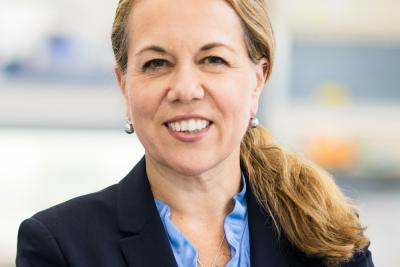NexTGen
Co-led by Professor Catherine Bollard (Children's National Medical Center, USA) and Dr Martin Pule (University College London, UK).The challenge
NexTGen is tackling the 2020 solid tumours in children challenge. Cancer is a leading cause of death by disease in children worldwide. Many barriers exist to developing specific, effective treatments for children with solid tumours – for example, because adult cancers are very different to childhood ones, therapies that are developed to exploit cancer’s vulnerabilities in adults have limited efficacy in children. Despite this, developing specific treatments for children has also not been prioritised by biopharma. By building a deep understanding of how solid cancers develop in children, applying advanced cellular engineering technologies and performing progressive clinical studies, the team aims to produce effective CAR T-cell therapies for children with sarcomas and brain tumours. NexTGen’s goal is for these cutting-edge immunotherapies to become frontline treatments for children with these hard to treat cancers within the next decade, improving survival rates and mitigating the risk of lifelong treatment-related toxicities.
At a glance
Team and leadership
NexTGen is co-led by:
The NexTGen team comprises experts in oncology, immunology, glycobiology, proteomics and mathematics across the UK, US and France.
Tackling the solid tumours in children challenge
Although survival has increased for some paediatric cancers, such as blood cancers, survival for some solid tumours has seen little improvement for more than 30 years. Those children who survive standard treatments endure severe long-term health complications, such as learning difficulties, abnormal growth and infertility. For those who relapse, few second-line treatments are typically available.
The NexTGen team aims to harness the potential of the immune system to treat these cancers, taking a comprehensive approach to discover new targets and develop and optimise novel CAR T-cell therapies for children with these diseases.
Five interlinked aims are central to the team’s effort:
Identify surface and intracellular targets
Cancer vulnerabilities differ between childhood and adult tumours and novel targets for cell therapy in children are urgently needed. To engineer T cells that can recognise cancer cells, the team is exploring a range of antigens, including traditional surface proteins, but also aberrant glycosylation, intracellular oncoproteins, and the “dark antigens” expressed from regions of the genome that are usually silenced.
Overcome the immunosuppressive effects of the tumour environment
A major barrier to T-cell therapy is the tumour microenvironment, a complex multicellular milieu that can enable tumours to resist treatment. The team is undertaking detailed studies of the microenvironment of childhood solid tumours focused on guiding the development of better engineered T-cell therapies. The team is designing genetically encodable components that either render therapeutic T cells resistant to the microenvironment or modulate the microenvironment to make tumours more vulnerable.
Component engineering and integration
Here, the team is developing receptors that precisely target the identified antigens, exploiting both classical and non-classical targets. By combining with approaches to manipulate the tumour microenvironment, and creating a “toolbox” of genetically encoded components, they hope to increase cell therapies’ potency and ability to resist inhibition. The most promising components will be evaluated in silico, preclinically and then in early-phase clinical trials.
Develop new preclinical models
Most existing models of paediatric cancer do not incorporate the immune system, making it challenging to test the effectiveness of cell-based therapies. To address this, the team is optimising novel modelling approaches that better recapitulate tumour-immune-microenvironment interactions. These include tumour-on-a-chip technologies, patient-derived immune xenografts and mathematical models simulating the dynamics between tumour cells, immune cells and other components of the tumour microenvironment. Leveraging these advanced preclinical platforms will enable more accurate evaluations of the effectiveness of their novel T-cell therapies, guiding decisions on which candidates should proceed to clinical testing.
Perform clinical testing
Early in the programme, the team has been working to implement three innovative phase I clinical trials testing different steps in the development of T cells: a highly customisable CAR region; an engineering component that blocks a treatment-inhibiting cytokine in the microenvironment; two T-cell platforms for engineering and two administration routes. Synergy between the clinical studies and the team’s basic and preclinical research will support iterative refinement of the CAR T cells developed through the programme. One of the clinical trials has started, with the other two to be submitted soon.
Looking ahead
NexTGen’s highly integrated bench-to-bedside strategy will accelerate the development of more potent and effective CAR T-cell products for childhood solid tumours. By uncovering novel tumour targets, engineering advanced T-cell therapies, and developing robust preclinical models, this research will pave the way for first-in-class CAR T-cell immunotherapies tailored specifically for these cancers. Successful therapies tested in NexTGen’s clinical trials have the potential to enhance survival for children with solid cancers, most critically, sarcomas and brain tumours, which are fundamental areas of unmet need in paediatric oncology.
To learn more, visit NexTGen's website, which is managed and updated by the team itself.




